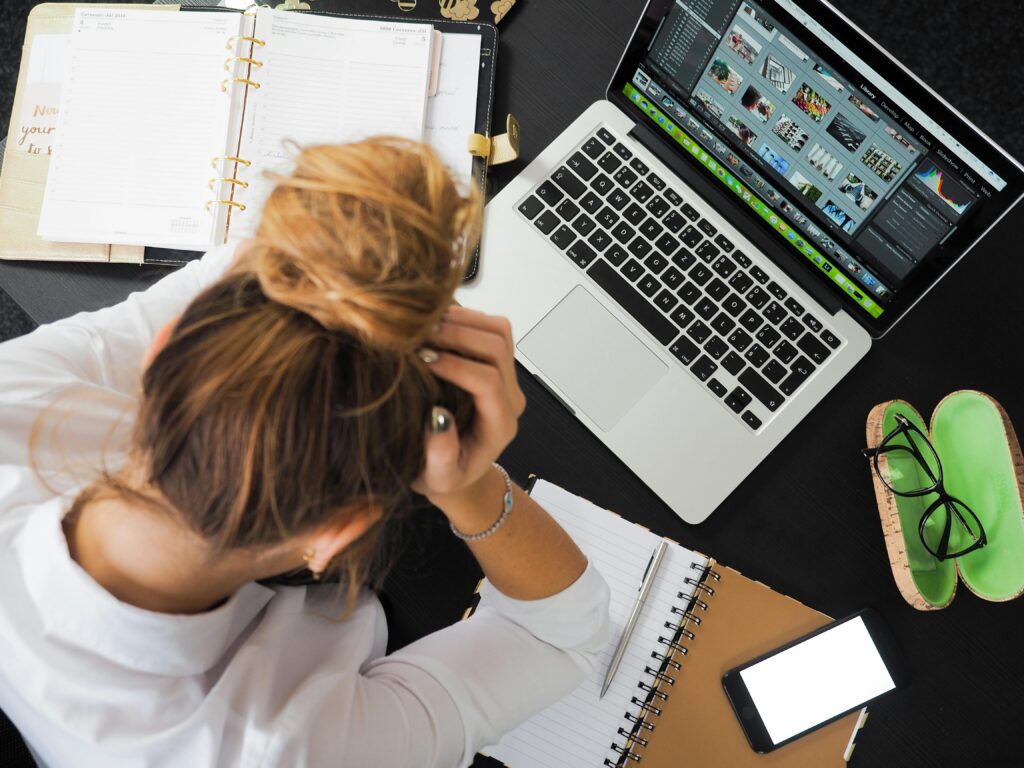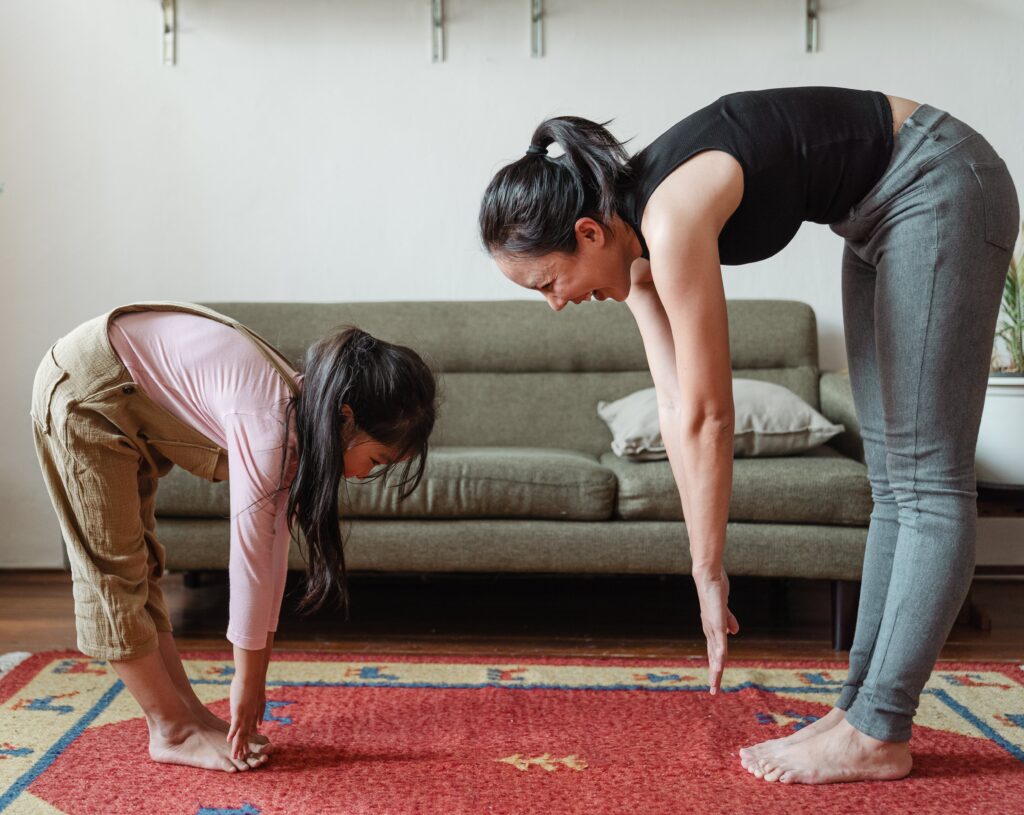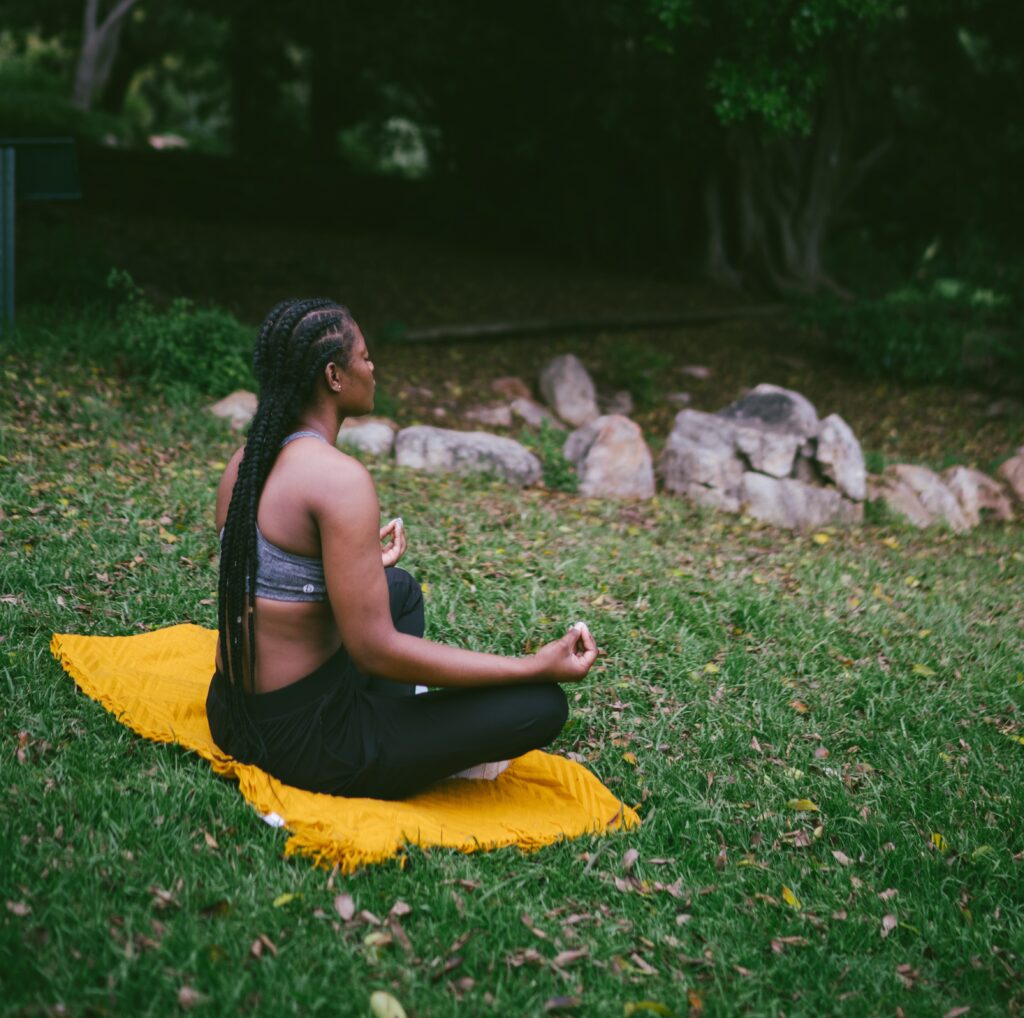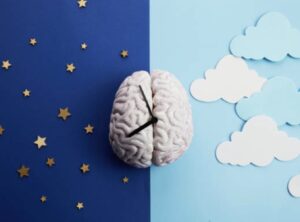You could think that anxiety means that you don’t have your life together however nobody has their life together regardless of what you think. Anxiety is something that all of us face at some time in our life. For some people it’s chronic and affects them everyday but for others it can be chemically induced ( caffeine, alcohol, drugs,…)

ANXIETY THE DEFINITION
Anxiety is a complex emotional response that’s similar to fear. Both anxiety and fear arise from similar brain processes and cause similar physiological and behavioral reactions: rapid heart rate, breathing disturbances and ‘heart in mouth’ feeling or the ‘fight, flight or flee’ response.) Fear is typically associated with a clear, present and identifiable threat, whereas anxiety occurs in the absence of an immediate threat.
Fear and anxiety are so closely related that we regularly confuse them. We feel fear when we are actually in trouble, like when someone overtakes a car on the opposite side of the road and is coming directly toward you. We feel anxiety when we have a sense of dread or discomfort, but at that moment, we are in no immediate danger.
Have you ever had a roof over your head, food in the cupboards, a nine-to-five job and still worried about not having enough money in your bank account? Have you ever seen friends in loving relationships and think ‘I’m never going to meet someone’? How about those times when you felt just ‘off’ for no reason other than not feeling right – you just felt on edge, but everything in your life was perfectly fine.. None of these feelings are fear, as you are in no immediate threat. This is anxiety.
TIPS TO DEAL WITH ANXIETY:
1. Recognise the source of your anxiety
You need to find the source and cut the problem. For example, you’re having a great day and then you meet your friends but after leaving them you feel bad about yourself and it just ruined your day or even made it worse.
If these types of people are in your life the best advice is to cut them completely off and try to stay with people that make you happy and good yourself. People that help to become the best version of yourse
2. Train, exercise and meditate
After cutting the source of the problem, try to exercise or meditate. It enables you to not focus on your problems at the moment and focus on yourself. It’s one of the best ways to resolve short as well as long term anxiety. Here are some reasons why exercise and meditation is good for you
Exercise
Stress Reduction: Physical activity triggers the release of endorphins, which are natural mood lifters. These endorphins help reduce stress, anxiety, and depression.
Improved Sleep: Regular exercise can improve the quality of your sleep, which is crucial for managing anxiety. Sleep deprivation can exacerbate anxiety symptoms.
Enhanced Confidence: Achieving fitness goals can boost self-esteem and confidence, which can counter the negative thought patterns associated with anxiety.
Distraction: Exercise serves as a healthy distraction from anxious thoughts and worries. Focusing on the activity at hand can redirect your attention away from anxiety triggers.
Social Interaction: Participating in group fitness activities or sports can provide social support and a sense of belonging, reducing feelings of isolation.

Stress Reduction: Meditation, particularly mindfulness meditation, has been shown to reduce the body’s stress response. It helps calm the sympathetic nervous system, which is responsible for the “fight or flight” response often associated with anxiety.
Increased Awareness: Meditation promotes self-awareness, allowing you to recognize anxious thoughts and feelings without judgment. This awareness can help you gain control over your reactions to anxiety triggers.
Improved Concentration: Anxiety can lead to racing thoughts and difficulty concentrating. Meditation enhances focus and attention, reducing the impact of anxiety on cognitive functioning.
Relaxation Response: Meditation techniques, such as deep breathing and progressive muscle relaxation, activate the body’s relaxation response, counteracting the physiological effects of anxiety.
Better Coping Strategies: Through meditation, you can develop healthier coping strategies for dealing with anxiety triggers, such as using mindfulness techniques to stay present and grounded.

3. Don’t eat foods that make your anxiety worse
Lacking self-awareness about how nutrition affects your body isn’t good for you. If you want to learn more about the link between nutrition and health : click here
If your body is intolerant or allergic to certain foods, or if you react to certain additives, flavorings and preservatives that can be found in heavily processed food, then it’s worth keeping note of how you feel if these ingredients feature heavily in your diet. Everyone reacts differently to certain foods and ingredients, so experiment with it yourself
If you still find yourself getting edgy and anxious for no apparent reason – it’s not about money, a relationship or a job and you just feel ‘off’ – then I highly recommend having a look at your nutrition and checking if certain foods you consume are causing you to feel this way
EUROPEAN PERSPECTIVE
Extract of the National Health Service (UK) on Health Anxiety
Health anxiety is when you spend so much time worrying you’re ill, or going to get ill, that it starts to take over your life. It’s related to obsessive compulsive disorder (OCD).
Self-help for health anxiety
- Keep a diary
- Challenge your thoughts
- Keep busy with other things
- Get back to normal activities
- Try to relax
- See a GP: if your worries about your health are preventing you leading a normal life and if self-help is not working
source: The Fitness Mindset – Brian Keane & https://www.nhs.uk/mental-health/conditions/health-anxiety/



